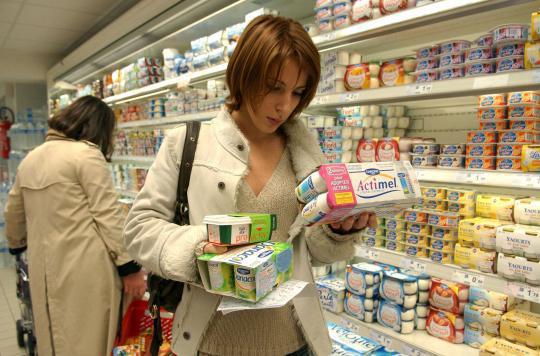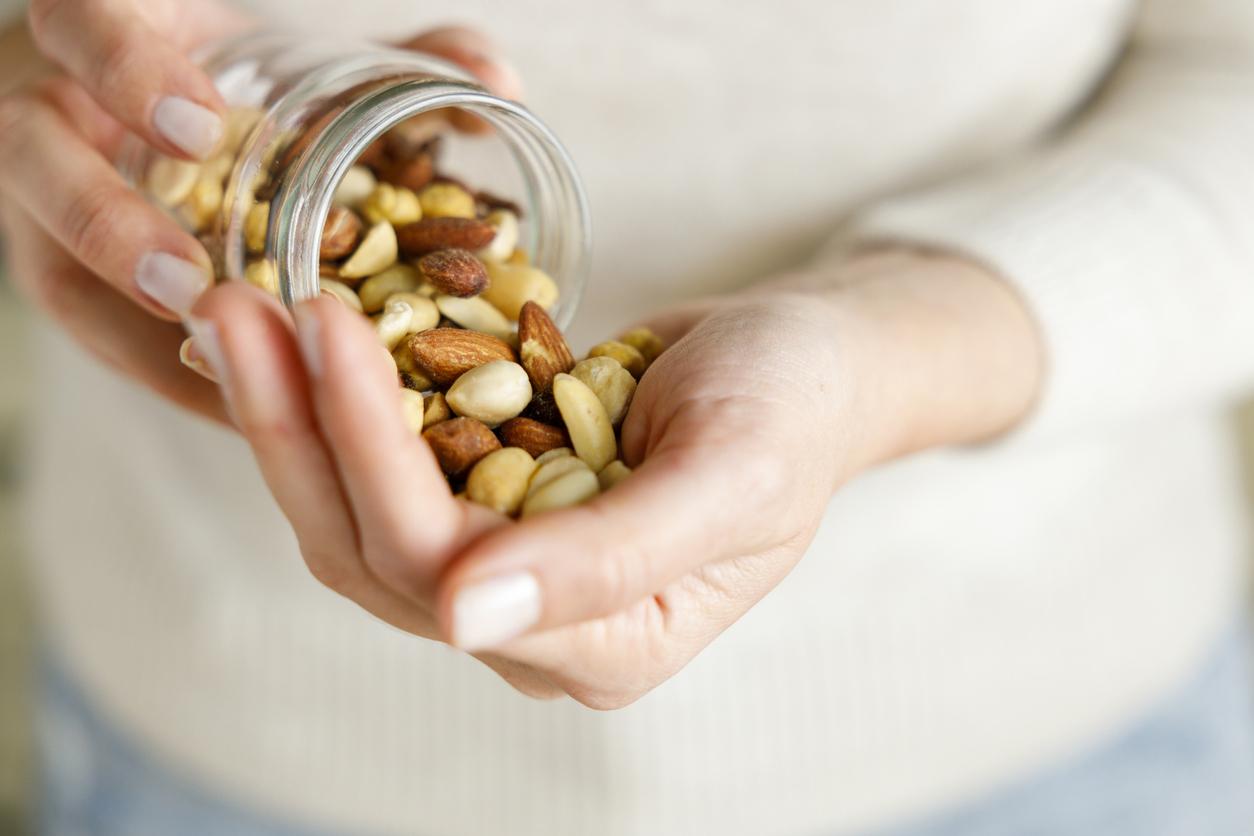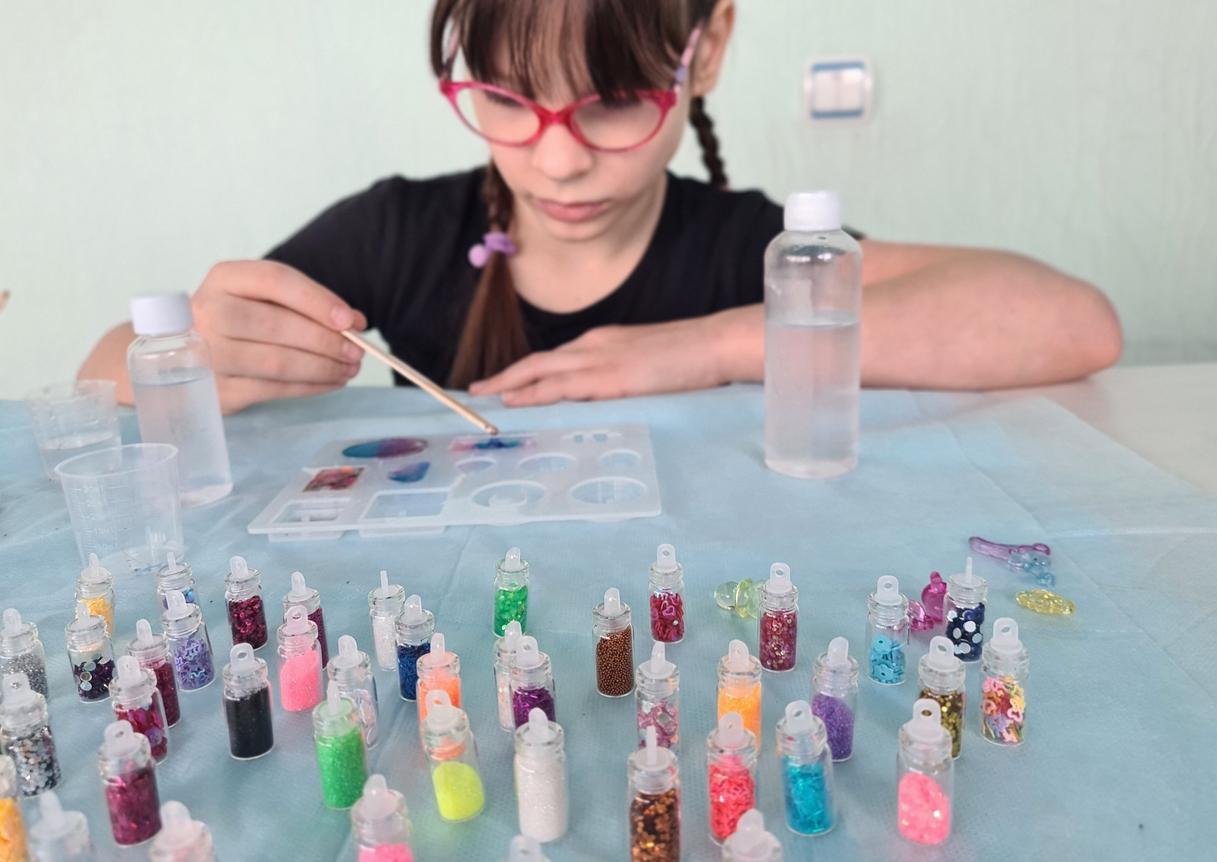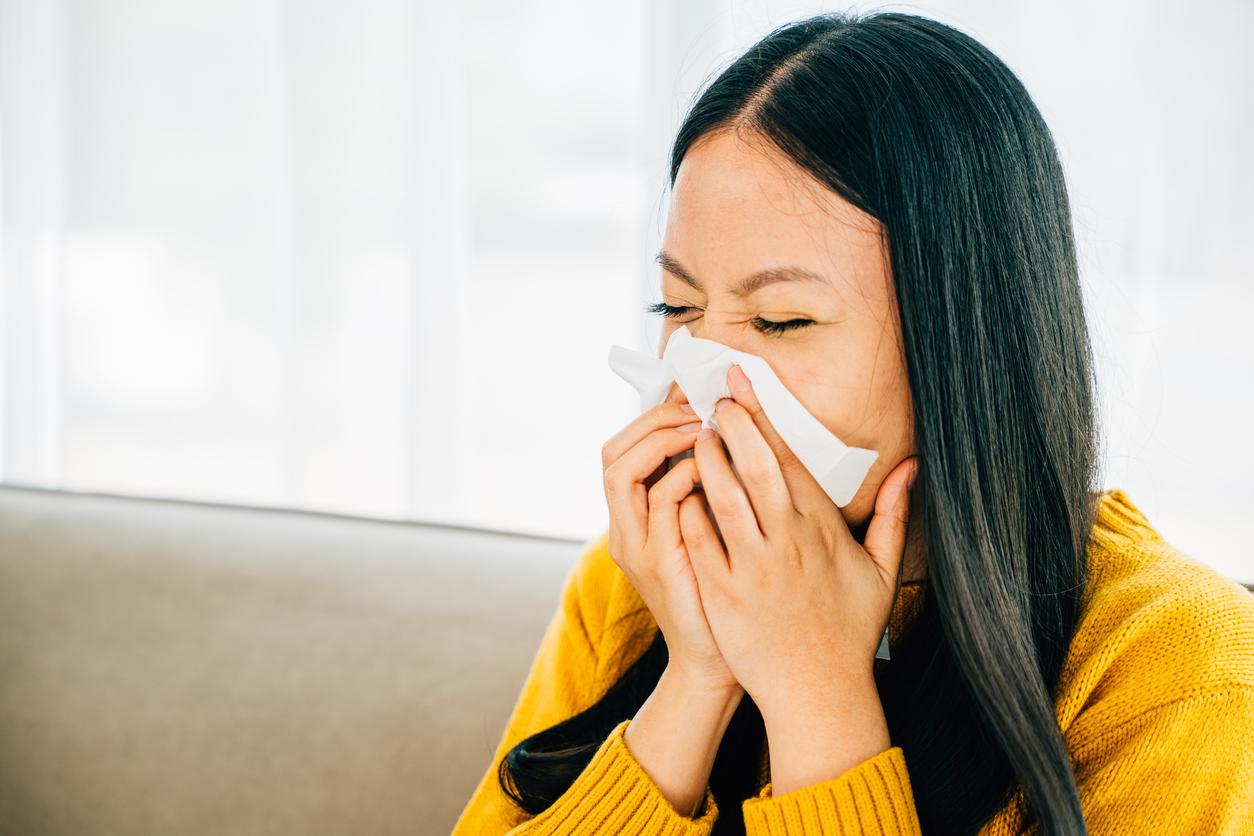Do Food Products Containing Probiotic Bacteria Really Benefit Our Health? Difficult to say, according to scientists. Their potential is in any case promising.

” Strengthens your natural defenses “. ” Active on the inside, and it shows on the outside “. Do these statements mean anything to you? It’s normal. These are advertising slogans for dairy products containing probiotics, these “good” bacteria believed to provide multiple health benefits. Or rather, old slogans. Since 2010, manufacturers must indeed prove their effects on health before making such allegations. And it is clear that today, the evidence is rather scarce … which does not mean that probiotics are ineffective!
Discovered in the last century, these microorganisms are present in certain drinks and food supplements, in cereals, but especially in dairy products, in which there are two main species, Lactobacillus and Bifidobacterium. Each is made up of many strains: L. casei, L. acidophilus, B. breve, etc. They are attributed a beneficial action for health, especially for the immune system and intestinal transit. WHO defines them as ” bacteria or yeasts which, when ingested in sufficient quantities, improve the health of the host by balancing the intestinal flora “. A definition that could be reviewed and corrected. Today, no consensus emerges for all probiotics: some studies show a benefit for consumers while others conclude ineffectiveness, or even deleterious effects. Why such uncertainty?
A big difference in individual sensitivity
This situation does not surprise Dusko Ehrlich, director of research in microbiology and the food chain at INRA: “ It’s like making everyone try the same pair of shoes! Probiotics have a personalized effect, they work in some, and not in others. The whole point is to identify with whom they work and why »Explains the scientist. We all have a different intestinal flora, which therefore responds differently to what we ingest. Furthermore, even within the same species, each strain can have very different effects on the same person. A painstaking job awaits scientists, which does not prevent Dusko Ehrlich from imagining that probiotics will one day be able to treat our intestinal flora in order to prevent certain diseases.
A link between probiotics and obesity
This optimism is not shared by Didier Raoult. This director of the bacteriovirology laboratory at the Timone hospital (Marseille) recently published several studies highlighting a link between probiotics and obesity. The last of them, published in 2012, proves that mice inoculated with the probiotic bacteria L. ingluvei in particular undergo significant weight gain. ” By altering the bacteria in the gut, probiotics had the exact same effect as the antiobiotics that farm animals are fed. »Explains Didier Raoult, who stresses that these relationships must still be studied. ” You have to be careful when touching the intestinal flora. Some people carry a small number of pathogenic bacteria without any harmful effects on their health. What will happen if probiotics promote their colonization? “
The metabolite track
A new methodology for studying probiotics could change our understanding of how they work. At the Tours CHRU, the pediatric allergist Cyrille Hoarau was in fact interested not in the bacteria themselves, but in their metabolites, these molecules that they secrete during fermentation. His work on B. breve c50 have shown that the anti-inflammatory immune response it triggers is not due to the mere presence of the bacteria, but to that of its metabolites. In addition to a possible application of probiotics as anti-allergenic agents (the bacteria “pacifying” the immune system of food allergics), these results imply that if there are so many contradictory results, it is undoubtedly because some biochemical processes such as fermentation are not taken into account in clinical studies. ” When a researcher concludes that there is no effect, it may be because the physicochemical conditions necessary for fermentation have not been met. », Suggests Cyrille Hoarau. According to him, this gap would therefore explain why manufacturers are struggling to prove the benefits of their products.
” There is a real interest in studying these bacteria, assures Cyrille Hoarau. The problem is that some brands make completely crazy uses of it, such as in cosmetics, while no study has been done beforehand. It can hurt the whole industry a lot », Urge the microbiologist. Will charlatans get hold of probiotics? It would be a big blow to this industry. But rest assured: for now, it is doing well: in 2010, the global market even amounted to nearly 20 billion euros, according to the agency Global Industry Analysts.
.















